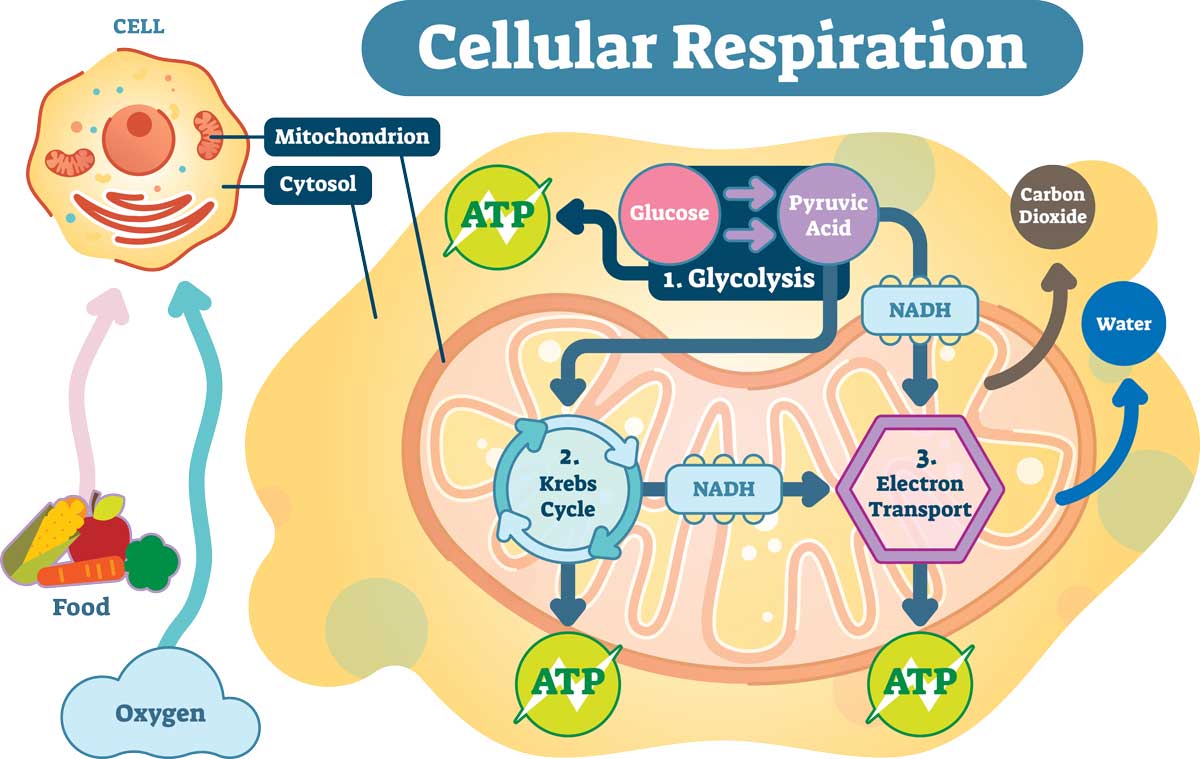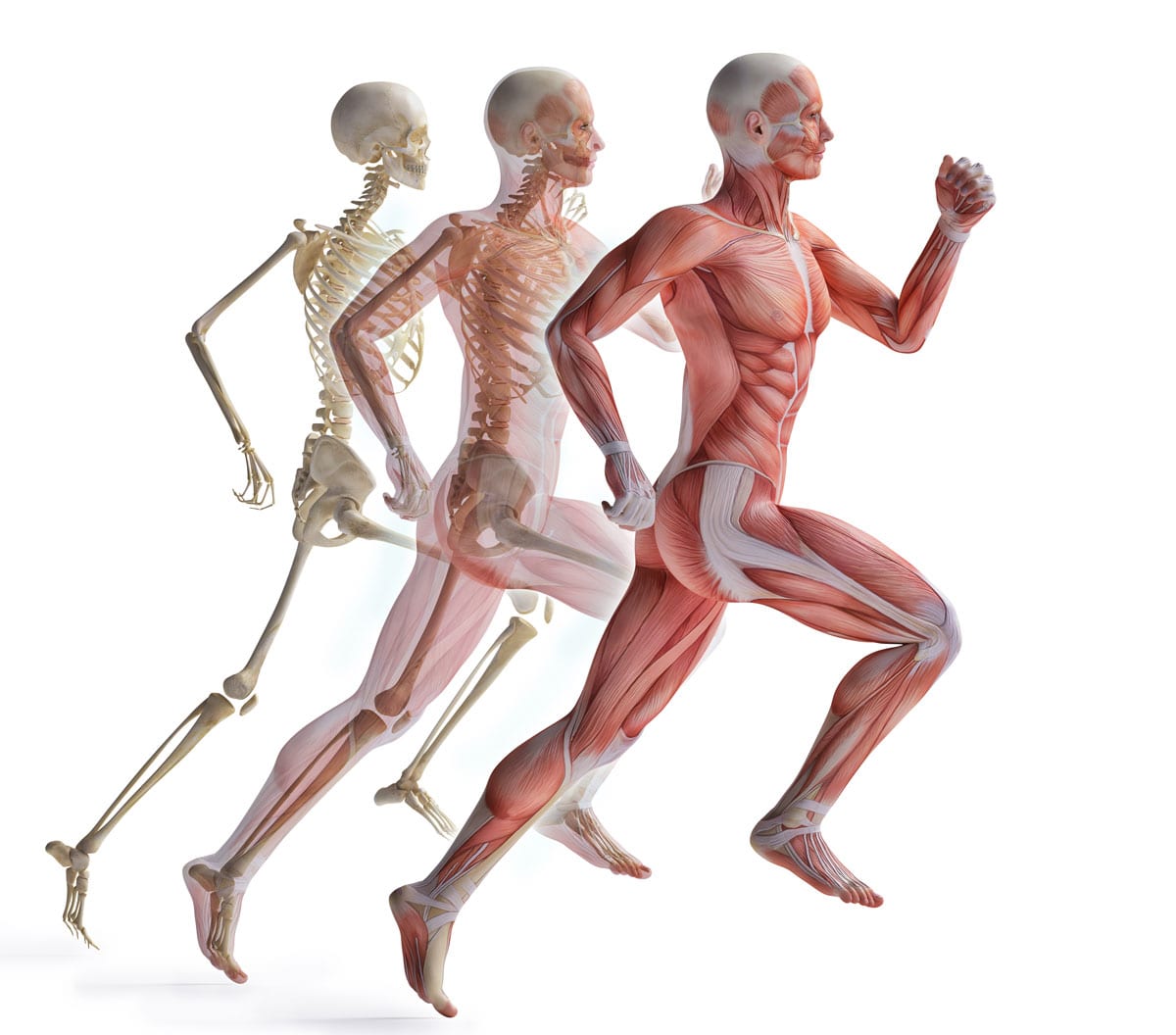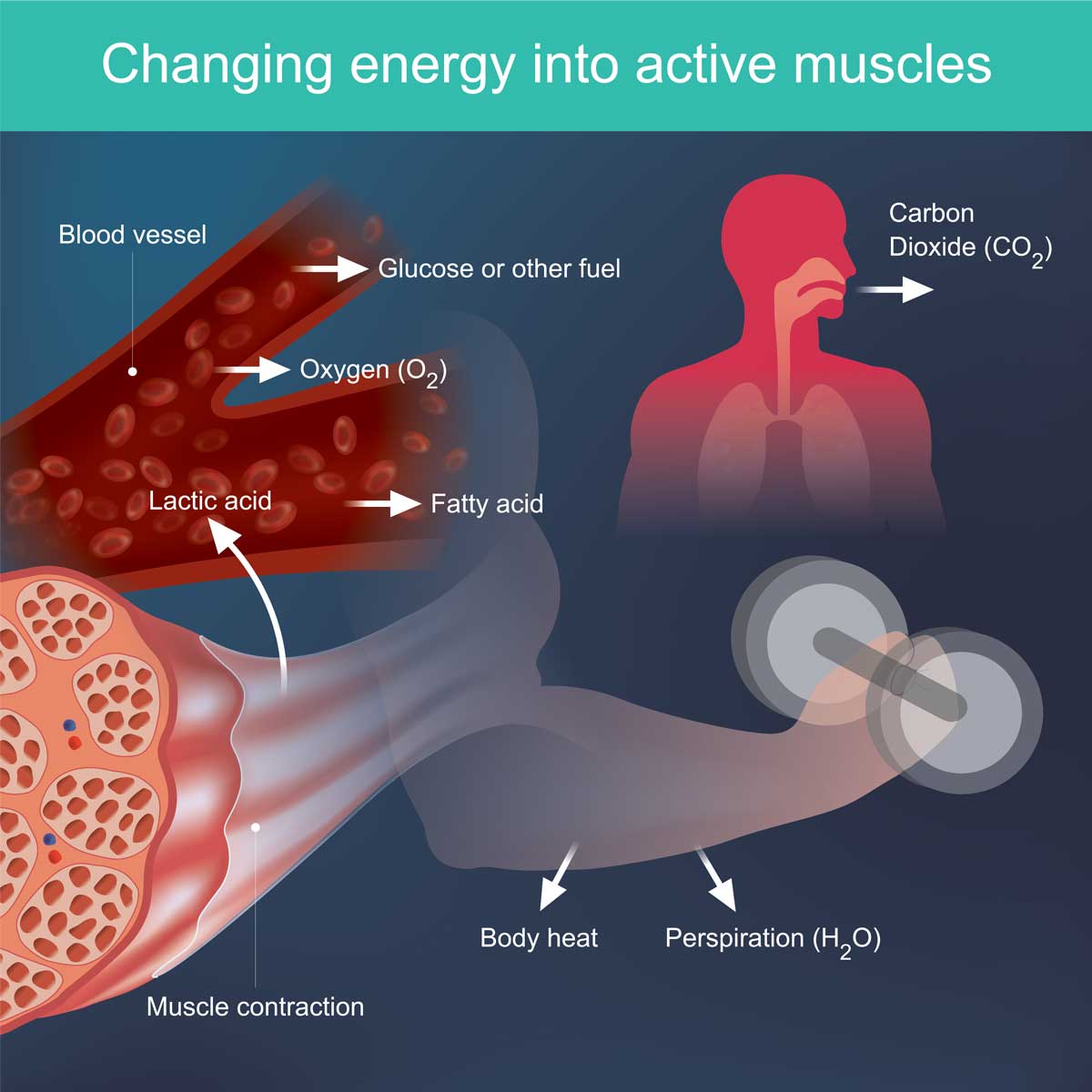GOOD THINGS COME TO THOSE THAT SWEAT!
There’s no magic pill. There’s not secret formula. Lift heavy, work hard and strive to be the best.
Fitness advise to drive you through your hardest workouts
Being active and going to the gym have many quality traits, you can have quality sleep, good health, better brain functioning, and better sex.
However, knowing its good for you but it’s never easy to go to the gym.
Sometimes, finding that focus and motivation isn’t so easy, thanks to distractions that keep us from fulfilling our full potential.
If you feel like you can’t finish another rep, or just don’t to get up for that 5a.m. wakeup call, you’re not alone. We have words of wisdom and practical tips from some of the fittest men who ever walked the earth.
We also tell you why you really need to keep lift those weights.


Exercise Tips
Know what to do and how to do it right. Avoid common mistakes and get answers to question about men fitness.

Healthy Eating
Knowing what to eat is just as important in your fitness plan as what you do in the gym. Know what to eat for the gym.
LifeStyle
We’ll help you tweak your habits to build and maintain a strong, shredded body with the best lifelong behaviors and routines.
Relationships
Well you how to attain self-control, discipline and work ethic to become a confident, self-assured and complete individual.
Why Men’s Fitness is Important
Have you ever seen a body builder and wondered how they got all that muscle? For them, it’s probably for the thrill of the competition, but it’s a sad that most people only associate working out with bigger muscles and strength. Sure, six packs, abs and bulging biceps might give her goosebumps, but more important, staying fit insures you against a raft of maladies that lay in wait for the sedentary male and give you the chance to be a predominantly physical entity.
Increased Metabolic Rate; Fat burns faster
The muscle cells in your body use energy, while the fat cells store energy. So by gaining muscle through strength training, you increase your body’s energy requirements. It increases your metabolic rate, which causes your body to burn more fat.
Fortified Bones, Ligaments and Tendons
Building up your core strength will improve your balance in life, and it will also reduce the likelihood of accidents resulting in injury. Growing up your muscles also build and strengthens your bones and tendons, which can help to counter broken bones and muscle sprains and tears.
Easier Daily Life
It seems obvious that building muscles will make you stronger, but many people don’t understand what a great benefit increased strength can be. Don’t be that guy always asking for help to move a box of books or open a jar of pickles.
Muscle Gives You Shape
Start a strength training program. It will give your body shape and you will also feel better. Let’s be fair muscle is more charming than fat. You’ll look better at the beach and your clothes will fit better.
Decreased Risk of Diseases
Physical fitness lowers the risk some cancers, cardiovascular diseases and death from diabetes and sleep apnea. Need one more reason to stay fit? How about a longer life? For men, fitness level can predict the length of life even better than body mass index (BMI) can.
Better Quality of Life
Exercise helps counter drops in testosterone levels, which translates to more confidence and better sex life. Regular physical activity can also improve the overall quality of life by helping relieve tension, depression, anxiety, and anger.
Check our Top Diet and Fitness Tips For men
Want better health and a better body? Start by following a healthy diet and follow a fitness routine that involves cardio and strength training.
No Results Found
The page you requested could not be found. Try refining your search, or use the navigation above to locate the post.
150 Exercises You Can Do
As a bonus, we are giving free a fitness exercise ebook to start your healthy lifestyle

Running and Body Transformation
Almost every human can take several steps quickly to reach a destination faster than walking. As an aerobic exercise, running is a recommended routine for both males and females. It helps improve endurance level, strengthening body muscles, and improving heart health. It is an ideal workout to become stronger and get a lean body. In short, there is no doubt that running changes your body and running and body transformations happen.

Once you begin to run consistently, your body will start experiencing some changes. The changes will influence your metabolic rate, muscles, and fat. In this article, we’ll discuss how running changes your body in detail. First off, let’s share some important information about how the body produces energy. Also, we’ll explain how it utilizes the same power when you run.
Step 1
At the beginning of your running routines, Adenosine triphosphate (ATP) will be used by your muscles for running. ATP forms from the foods consumed. Afterward, the energy stores as glycogen in the blood and tissues. You can consider the glycogen as the energy storage unit in your body. Once the use of energy becomes essential, glycogen will come into use. While running, the glycogen storage unit will release more ATP, which the muscles use during the routine and the running and body transformation commences .

Step 2
While running, your muscles will generate lactic acid. The essence of the substance is to inform your brain that you are performing physical activity. Oxygen is needed by your muscles to continue breaking down glucose. Thus, the body will divert blood from unimportant functions to release oxygen at regions where they are needed most. Also, you will start breathing heavier to take in more oxygen for body use.
As you continue to run and use energy, your body will start using calories at a faster rate. Also, you will experience a rise in your core temperature while blood vessels will dilate. In this way, the blood will move closer to the skin for more cooling. More so, you may start sweating to reduce the body temperature and avoid heatstroke.
Step 3
Once you develop endurance from running, the body will maintain a sustainable breathing cycle as it sweats and disintegrates glucose into ATP. For people who are new to running workout or not consistent with their weekly runs, the body may fail to use the energy sufficiently. In the long term, the ATP may start lagging. As a result, lactic acid will accumulate in the muscles, which may lead to body ache. This is the start of the running and body transformation. Due to your body’s inability to maintain the cycle of energy supply and expenditure, you will find running as a difficult task.
Step 4
While trying to end the race, your breathing will normalize as your heart rate slows down. At this point, the production of energy by the body will reduce as your pace slows down. Aside from the feeling of physical accomplishment, the endorphin released during the run will make you feel good. Also, it gives the confidence to go another round the next day.
Apparently, running helps improve endurance level and building the muscles. By so doing, you can develop a befitting body fat composition. Also, working out your heart muscles enhances your cardiovascular health and improve your mood. Additionally, combining running with strength training helps achieve the right balance between physical fitness and mental stimulation. Read further to learn about three significant running benefits to the body. Afterward, we’ll share some tips on how to optimize the outcome of your running routines.
Running and Body Transformation: Major Benefits of Running
Accumulation of Muscles
Such muscle groups work during a workout. While running, the body will make use of some particular muscle groups. The muscle groups include the core, calves, quads, hamstrings, and low back. Thus, you are more likely to experience a change in strength and size within those particular muscles.

Loss of Fat

If your calorie intake and energy provided remain relatively constant, you will start losing fat once you start running consistently. As the energy out will exceed the calories in.
The fat will not turn into muscle as described in the article Transforming Fat into Muscles; the Real Truth Behind Muscle Growth, and Fat Loss .
Metabolism
As we discussed earlier, you get to burn more calories when you become a regular runner. The exercise helps get rid of significant amounts of calories. Also, it stimulates the metabolic rate for an extended period. Once your metabolic rate increases, running and body transformations starts and it will spur your resting metabolism as well. All these changes occur due to enhanced muscle mass and more demands for energy by the body as you run.
Running and Body Transformation: How to Boost your Body Composition Changes
1. Monitor your Heart Rate

So, you should check your nutrition and work within the fat-burning zone – this zone lies within 60 to 70% of the maximum heart rate. Thus, before your next run, endeavour to get a simple fitness tracker to check your heart rate. By so doing, you will know whether you are within the fat-burning zone or not.
2. Consume a balanced diet in the right amount
To account for whether you are eating well or not, you can calculate your extra calories, as explained by a fitness coach, named John Sifferman. If you need 2000 calories daily to keep your weight – consider it as your Total Daily Energy Expenditure (TDEE) – in this case, you need to eat between 2800 and 3000 calories to get around five to fifteen percent extra calories. The extra calorie will spur your body to perform necessary anabolism for muscle regrowth and development. You need to track your calories.
Also, you must increase your protein consumption and reduce your fat intake. Consider getting at least 0.8gram of protein for each pound of body weight. Endeavour to consume lean and whole protein sources, such as turkey, fish, chicken, beans, and nuts.
But please refrain from eating an excessive number of nuts as it can contribute to the fats. Bear in mind that you need to reduce your fat intake to optimize your body composition. Advisably, consider making fat a 15 to 20% part of your daily energy consumption. Also, ensure that mono-saturated fats and omega-3 form a significant portion of your lipid intake.
3. Consider Longer and Harder Running

Rather than jogging two to three times a week for 20 minutes, you should consider high intensity running. Spend at least 30 to 45 minutes at a moderate pace with a frequency of three to five days weekly. By so doing, it will help accrue a high number of muscle contractions. The muscle contractions will place low-load, but high-volume on skeletal muscle. Then, it will help strengthen the muscles.

Final Say
Hopefully, you have understood how running changes your body composition and improve your overall wellbeing. Running is no hard task, nor does it demand a high budget to perform. All you need is to be consistent. To keep your consistency, you can ask your family to perform the running with you; it will be more fun.
During the routine, endeavour to have bottle water close by and try to relax when necessary. Avoid trying to run beyond a pace that you can maintain. With time, your body endurance level will improve, and your muscles will become strengthened. By then, you can increase your pace slightly and try to run harder and longer to experience improved results. Once you start feeling lean and muscular, then you are close to your body goals – by then, you will become sure that running changes body.
Other Articles you may like.
Register Now
Get the gym tip of the day and a step by step men’s fitness guide delivered right in your inbox!

